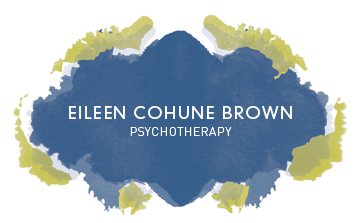Truth, Trust and Gas-Lighting
Ingrid Bergman in the 1944 film, Gaslight.
I wrote the statement below in response to a therapist-friend questioning whether mistrust has become a "new cultural phenomenon."
"We can't trust each other and can't agree on reality. It makes everyone feel shaky. It's one thing to disagree on an issue, but another thing to not even agree on the existence of the issue!"
I was a college student when the beating of Rodney King , the acquittal of the officers, and the subsequent riots happened. At a vigil on campus the morning after the acquittal was announced, one of my Social Work professors implored us to remember what we saw in that video, and the feelings it stirred. She warned that in the coming days and weeks, the truth of that terrible beating would be minimized, spun or explained away. She urged us to hold onto our perception of that video in the face of gas-lighting in the media.
What is gas-lighting? It's a term derived from a play (and later movie) in which a husband essentially tells his wife that the dimming of the gas lights in their home didn't happen, when in fact, it did. This is a crazy-making form of abuse in which one's reality is questioned, manipulated and distorted. As a therapist, I have worked with patients who have experienced this type of treatment as children and in adult relationships. With couples, I work to listen to each person's deeper truth in the storm of the conflict. In healthy relationships, we grow by having our unconscious assumptions and patterns compassionately challenged and changed over time, while our deepest truths are simultaneously fortified. How do we work with this dynamic in our community and body politic?
We are facing serious problems as a world, nation and in our communities, and I am becoming alarmed by our apparent inability to agree on facts. How do we address these issues and work together when we can't even agree on the existence of the problems, or on evidence and facts? How do we hold on to what we know and hold deeply to be true, while also being open to hear others' perceptions? How do we discern which people and groups are interested in working toward a common solution, and which are simply gas-lighting, or are incapable of doing so? Who do we truly trust - in our relationships, communities, and in the media?
These psychologically complex questions I normally grapple with in my practice, are becoming increasingly relevant for all of us to take into the world.

